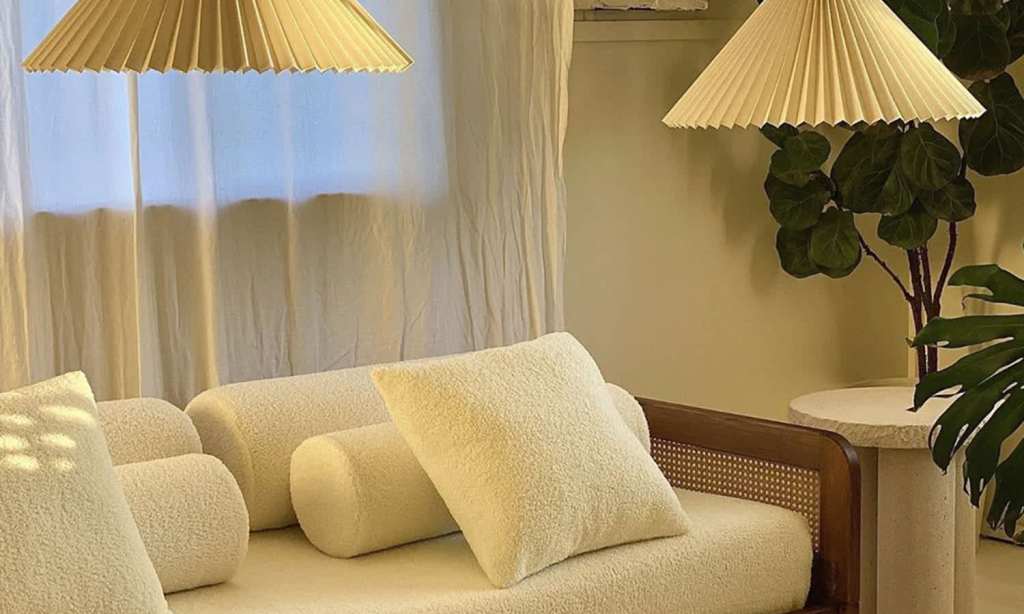The property landscape in recent years hasn’t exactly been welcoming of millennials into playing the buying and selling game — even those who avoided avocado toast.
With housing prices at an all-time high and many opting for the opportunity to travel over moving in with parents to save for a deposit or buying in a suburb they had no intention to live in, so many had resigned to being long-term renters.
But with international travel plans on hold indefinitely amid the COVID-19 pandemic, it would seem a number of millennials are now reevaluating their financial priorities.
ING‘s new Future Focus: Homeownership report has found 46% of millennials feel homeownership is now more achievable, with 32% expressing an intention to buy a home in the next two years.
As for how these millennials plan to turn their property dreams into a reality? The report finds 59% are redirecting their travel budgets into property budgets, 37% have kicked off a side hustle to make extra money, and that 36% are moving back in with their parents.
And the ‘why’ is important, too. According to the Future Focus report, those Australians who are looking to buy within the next two years are doing so because they have renter’s fatigue (45%), want greater stability (22%), and have new-found plans to protect their futures after the turbulent events of 2020 (19%).
“Many people have used the lockdown period as an opportunity to take greater control over their finances and it appears millennials in particular are finding savvy new ways to save towards their homeownership goals,” says Julie-Anne Bosich, ING’s head of mortgages.
“The research suggests they’re willing to make lifestyle sacrifices and re-think what is really ‘essential’ in order to own their first home sooner.”
Of course, one must acknowledge the devastating impacts COVID-19 has had on so many industries, with sudden job losses and reduced working hours becoming an overnight reality for many Australians. The ING report finds 69% of Australians have been forced to take better control of their finances in this time, and that 42% were actually able to save some money in lockdown.
The data shows much of this was due to lifestyle changes. These included reducing personal shopping (40%), entertaining at home over going out (31%), spending less on drinking (25%), going on fewer date nights (19%), giving up a gym membership (17%), and opting for a cheaper commute (16%).
“COVID-19 has fundamentally changed the way we live our everyday lives. Lockdown taught us to work, exercise, entertain, learn, and parent all under the one roof. It’s turned our humble homes into essential multi-purpose lifestyle hubs,” says Bosich.
Following isolation, a quarter of Australians now view their homes as a complete lifestyle hub. For a period of time, everything we did — be it working, dining, learning, winding down, or taking part in hobbies — was done within our own four walls. And just because venues and public spaces have begun to open, doesn’t mean people plan to move everything outside again. In fact, those who took part in ING’s research are now expecting to spend an average of 5.9 hours more at home.
But this means that for some Australians, their homes will have to change and adapt to their needs. A huge 68% said they now need more space or a different type of space in order to be fully comfortable at home, and 38% are hoping to make changes in their home — be it redecorating (13%), renovating (10%), or establishing a permanent home office (9%).
Check out the full ING Future Focus: Homeownership for more information and tips to save for your first home here.
Read more stories from TheLatch— and follow us on Facebook.

